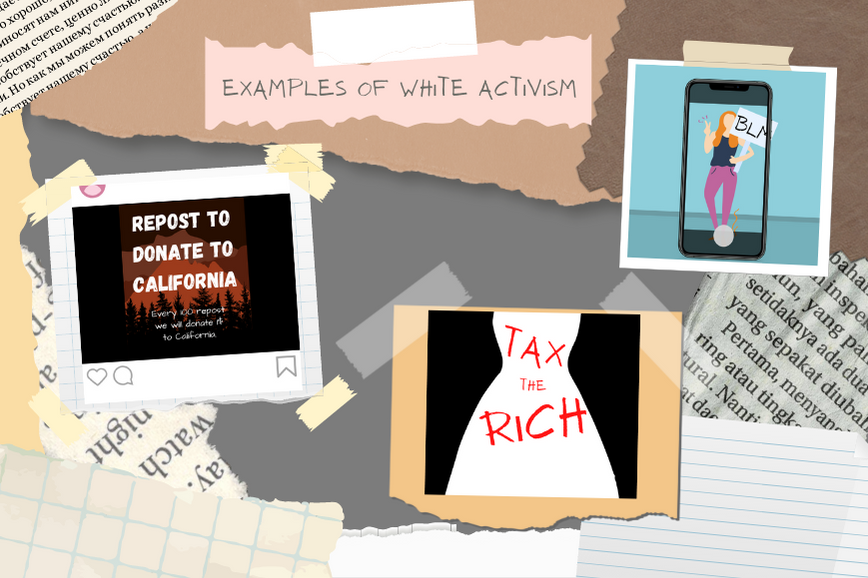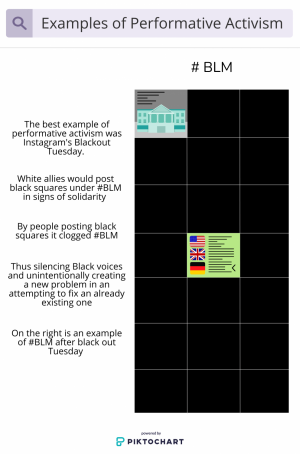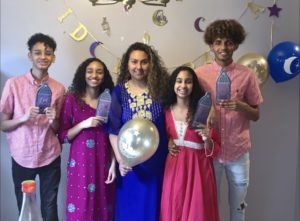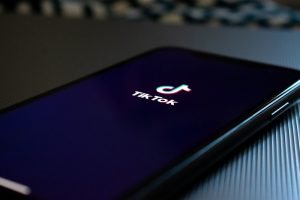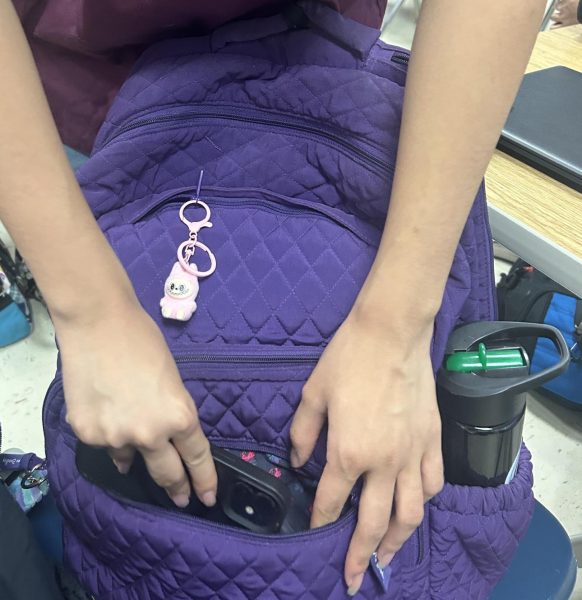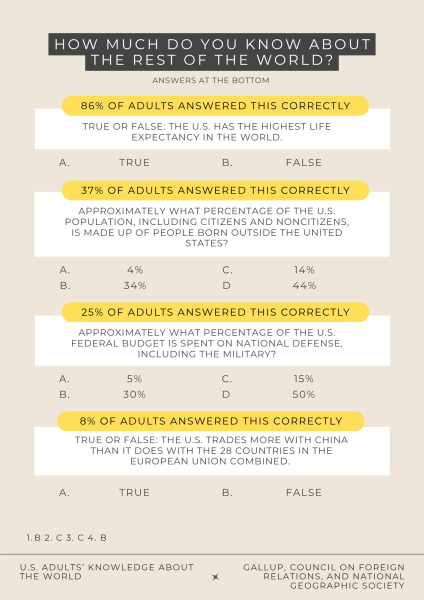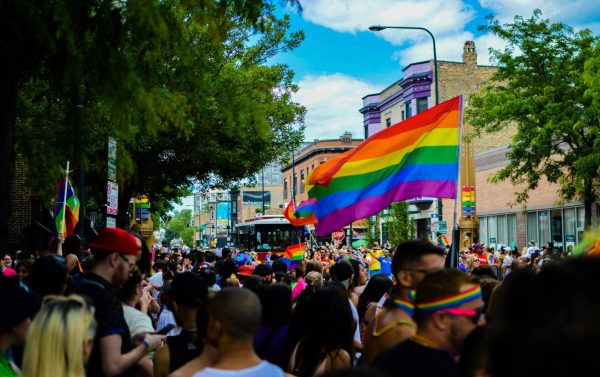White activists, listen rather than speak
White activism can be determined as any kind of activism that takes advantage of others oppressions and is used to elevate a white person, whether it be their fame or prestige.
Following the murder of George Floyd, there was a notable increase in online activism. This interest is great as many modern social and political issues wouldn’t gain such a level of notoriety without the internet. However, with this uptick, many people—white activists in particular—may not be able to fully understand the complexity of the issues people of color (POC) face.
The main talking point that many white activists use to cover POC-based issues is that they are “using their white privilege to help a cause.” This argument is understandable as privilege gives a person access to far more resources; however, using privilege to uplift a movement only works when the message being shared is accurate and effective at giving information.
Repeating the same talking points and information over and over again prevents new, useful knowledge from being shared. Similarly, making a post that just says “I support this cause” rather than explaining why the cause is important doesn’t do anything to make others aware of its importance and meaning.
A prime example of this unintentional harm would be Instagram’s Blackout Tuesday for Black Lives Matter. Blackout Tuesday was meant for Black creators to post information on Black Lives Matter and the community’s GoFundMe for support. It was a day for allies to stay silent in respect. However, many allies ended up posting black squares with #BlackLivesMatter as their caption. This simple gesture clogged up the hashtag, which prevented others from learning more about the movement.
If a white person wants to inform people on a certain issue, they need to prioritize the affected group’s opinions and be well-informed. White activists must be able to answer extra questions others may have on the issue or be able to direct questions to experts who can properly answer them. Most importantly, the activist must be able to use critical thinking skills, such as understanding that many issues have multiple causes, accepting certain problems take time to fix and taking into account that modern issues are complex and a singular group can have thousands of different opinions.
Some white activists may think it’s safer to support POC issues through their own similarities rather than informing. An example is the natural hair movement, originally created for Black women to express their love for their natural hair texture and be proud of something so often diminished.
However, when the movement gained popularity amongst others with curly hair textures, many white women with looser curl patterns put out YouTube tutorials on what products they would use on their hair to style it naturally. Soon after, the Black woman who started the movement to uplift their own hair textures became outnumbered by white women who centered the movement around themselves.
While supporting through similarities may sound like a good idea, it can easily run awry and put the spotlight on the supporters rather than the supported.
In the case of the natural hair movement, a better way to help would be to advocate for Create a Respectful and Open Workplace for Natural Hair (CROWN) acts when they get proposed in state and federal legislation.
Another example can be seen with “Land Back,” an Indigenous-led decolonizing movement that advocates for indigenous land ownership and recognition. Understanding a local tribe, their history and, most importantly, the modern issues they may face is a similar way anyone can support POC-lead movements without erasing POC-voices and centering white voices.
For white people, there are just certain topics and times where the best thing to do is stay quiet. There is nothing wrong with supporting from the sidelines and allowing minorities to use their voice. There will probably always be an opportunity for white people’s opinions to be heard. However, for POC, it can be an uphill battle to get a platform. NBC News reports that Tik Tok has a history for banning, censoring and suppressing POC content and their creators.
There are many issues inside POC communities that if a white person covered them, it would be highly disrespectful. Internal issues are complex and a non-member of a community may not be able to understand the cultural values of a group and how that affects the issue.
Most importantly, everyone—white population included—is constantly learning new information and unlearning generational bias. Rather than getting worked up about simple mistakes, work on listening to why those things were mistakes, learn how to better observe said mistakes and keep an open mind as you continue your activism journey.
Your donation will support the student journalists of Chantilly High School. Your contribution will allow us to cover our printing and annual website hosting costs.
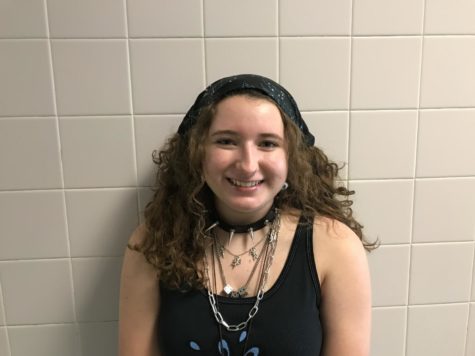
Blake Jocuns has been a part of The Purple Tide for four years and is now a senior. They are an avid volleyball player and are always striving to get better....


